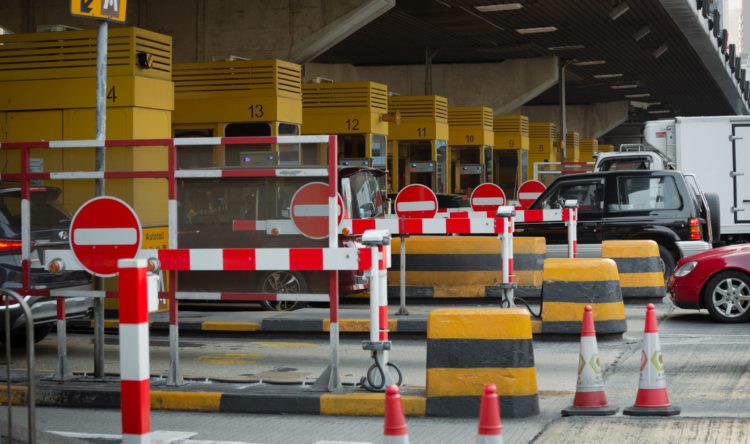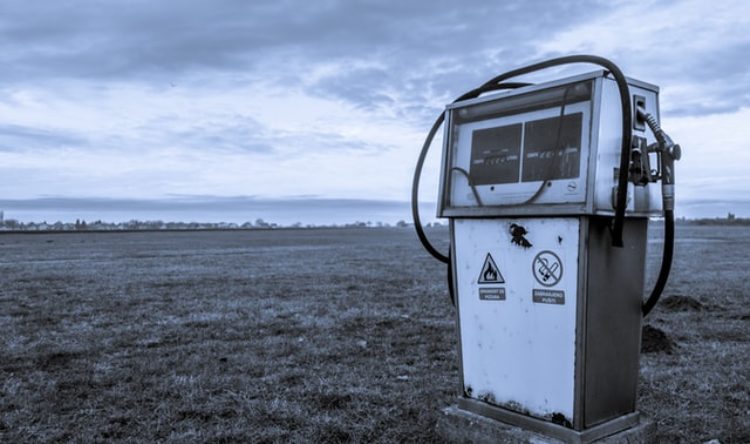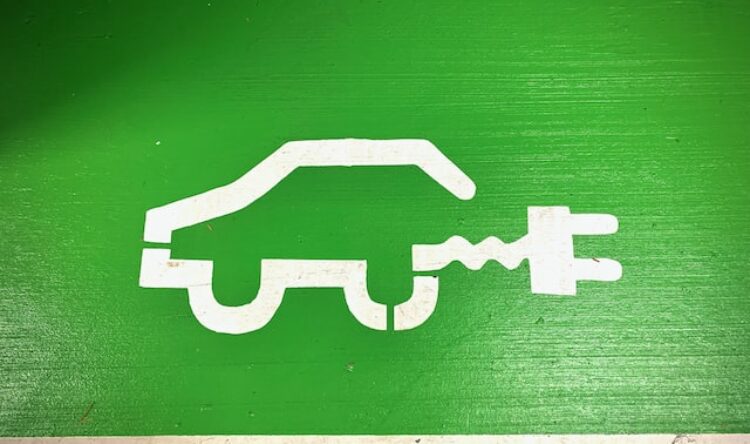Pumping up the prices
Forecourt fuel costs on the rise again
From record highs to sudden reduction, the rollercoaster fuel price road continues to ride.
Filling up your tank has become a notably pricier affair in the UK over the past month, with costs soaring by more than £3. We are fast approaching £1.50 a litre again, and it’s unlikely to stop there.
Wholesale
The latest AA Fuel Price Report paints a concerning picture for motorists. Diesel prices are leading the way, but petrol costs are hot on its heels.
A surge in wholesale costs for both petrol and diesel, beginning on 17th July, was swiftly mirrored by a surge in pump prices just a week later.
Over the last couple of weeks, the cost of filling a standard a standard 55-litre car tank with petrol rose form £78.99 to £82.43.
Every little helps
The AA has been highly critical of the retailers, especially the supermarkets. They say that while the were quick to put up prices in line with wholesale rises, they are very slow at reducing the prices when costs drop.
Luke Bosdet, spokesperson for the AA, says that this time the swift rise is partly due to the holiday season demand.
“Although not as comprehensive as the statutory scheme is expected to be, the CMA’s interim scheme could have been useful if it had been up and running over the past month.
“Pump prices at different forecourts don’t go up at the same rate and being able to locate one that lags behind the others takes some of the sting out of surging fuel costs. On the flipside, when wholesale costs are tumbling, being able to spot the fuel stations that are passing on the savings more quickly is handy.”
The motoring group last week accused supermarkets of overcharging customers in rural areas for fuel.
Drilling down
Oil prices rose steadily in recent months because of global production cuts. Combined with the effects of the Ukraine war and the ban on imports from Russia, pressure on prices was unavoidable. It all seemed to ease in July and early August. However, Brent crude rose 1% to $85.66 (£67.24) a barrel on Monday as tighter supplies from Saudi Arabia and Russia and high heating oil prices outweighed investor concerns over a potential drop in global demand. The economic woes of China were thought to be easing demand and potentially reducing prices further.
“Wholesale cost increases appear to have peaked for the moment, but the fallout from the recent surge is still finding its way to the pumps,” said Luke Bosdet, the AA’s spokesperson on pump prices.
“It is still possible to find fuel stations offering fuel at 4p-5p a litre cheaper than most. The problem is knowing where they are.”
Online
This month, Asda began publishing fuel prices at its forecourts online. It is the first retailer to launch such a service following government requests.
Energy secretary, Grant Shapps, last month rowed back on plans for a law to force supermarkets to make fuel prices more transparent. Instead he is backing a voluntary comparison scheme i.
Bosdet said the voluntary scheme was expected to “be up and running shortly”. He added: “The question is how many retailer brands have signed up?”
The CEO of Red Corporate Driver Training, Seb Goldin, branded the price comparison idea as a waste of time.
“This is the Government tinkering around the edges. The only way to reduce fuel costs for businesses is to get your employees to drive better.







